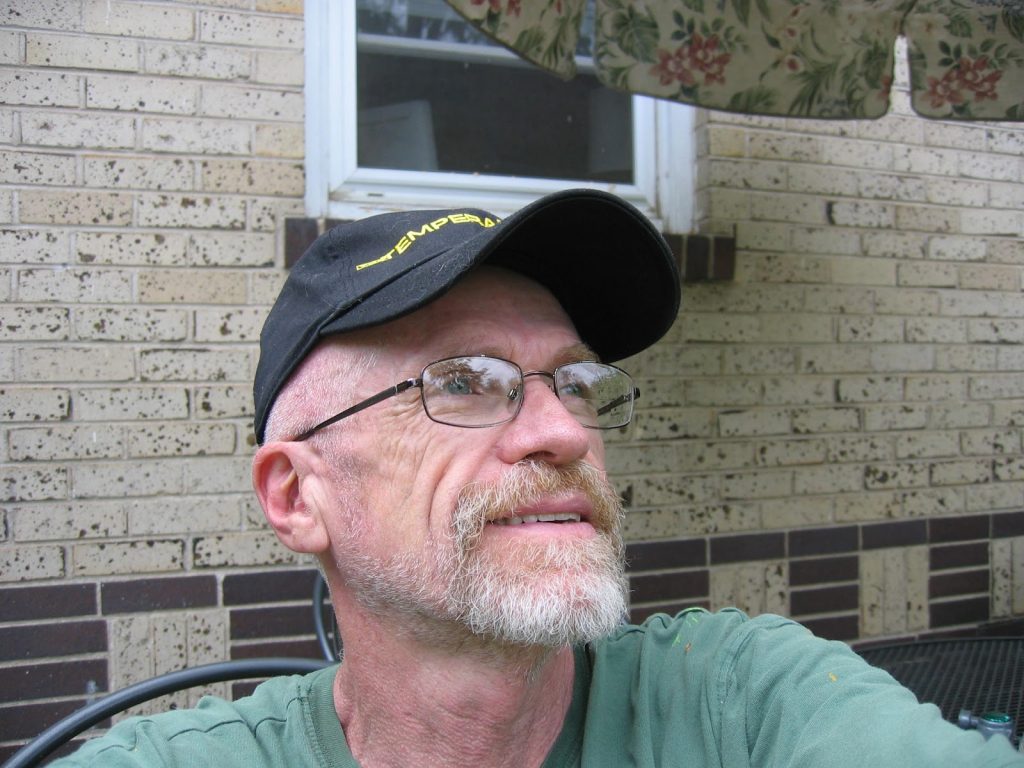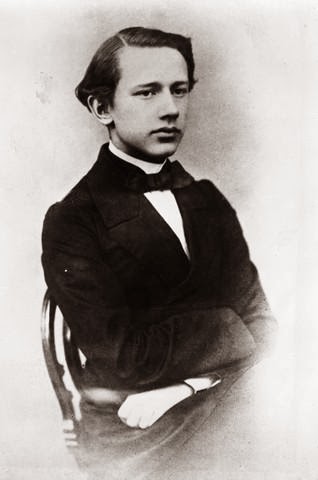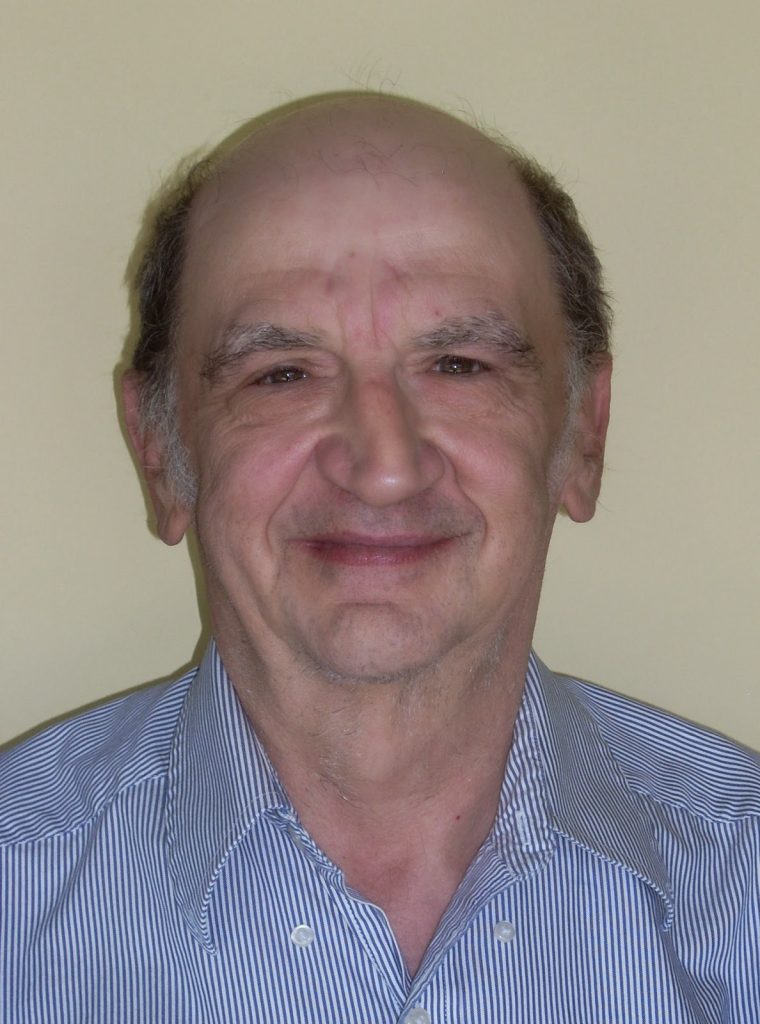When I was starting college back in the LGBT “Dark Ages,” society as a whole often was not so accepting or understanding about homosexuality as it appears to be now- days. This was especially true in small towns such as mine. Perhaps most devastating was the situation of parents not accepting or supporting their own children’s orientation or the fact that they had developed same-gender relationships. Parents who discovered that their sons or daughters brought home “special friends” often lacked kindness and hospitality, to say the least. Sometimes, confrontations could leave lasting scars. On the other hand, if young people were lucky and parents were better informed and more empathetic, parents might be surprisingly understanding and supportive.
At the time when I was only beginning to understand anything about the world of LGBT, a met a young couple of gay guys whose story was so special that I never have forgotten it. I attended an invitation-only party in Cincinnati. The guests were all young guys, several of them from the nearby university. One very affectionate couple drew everyone’s attention throughout the evening, partly because they were so stunningly good looking. I was not the only person frequently glancing at them but, at the same time, trying not to stare. We were curious about them also because they appeared to be unusually young for college students. The somewhat taller of the two, David, was an intelligent and self-assured brunette; whereas Peter, the more boyish partner with gold-blond hair, seem to me to more closely resemble an angel than a mere mortal. They obviously were very much in love, although they did not make an unseemly show of it.
Of course, those at the party who did not know the couple were very curious about who they were and how they had become partners. Part way through the evening, some more assertive person simply asked them to tell about themselves. So, with each partner contributing to the answer, they told us their story. The details were so interesting that I never have forgotten them.
My first surprise was when David said that he had just turned seventeen, somewhat younger than many college freshmen; however, it was his friend Peter who surprised me even more when he revealed that he was only fifteen and starting college. Oh well, it must be nice to be so intelligent as well as so good looking, all at the same time.
It turns out, however, that Peter’s early life had not been so pleasant. He was an only child of two upper-middle-class, professional parents from New York whose thinking and attitudes were extremely lacking in understanding, empathy, and perhaps even love. Apparently, they always had suspected that Peter was, shall we say, “different;” and they certainly did not approve. For several years, Peter had felt oppressed and unloved. The parent’s unthinking, harsh treatment left Peter continually feeling sad and lonely. Peter said that they told him that it was just as well that he was leaving home so that they would not be reminded each day of how disappointed they were in him, this despite that fact that he was a straight-A student and never had been in trouble. How could any parent say such a thing? No wonder he was unhappy.
David, too, was an only child. In his case, however, he appeared to be quite happy and well grounded. His parents apparently had been very loving and caring.
As fate would have it, the two of them were assigned to the same dormitory double-room, perhaps because both of them were younger than many of the other freshmen. When the two of them first met, David said that he immediately was very attracted to Peter, yet he discreetly made no overt indications of his feelings.
As the days went by, David observed Peter and saw that he was extremely studious, always attending to his school-work, frequenting the library for research, but he never went to any parties or social gatherings. Peter was polite and pleasant enough to David, but his shyness kept him from expressing himself very much. Also, Peter never spoke of his parents or his home-life. To David, Peter seemed to be in a constant state of sadness.
It was Thanksgiving break that gave David his first real clue that something was not well with Peter’s home-life. David was looking forward to returning home for Thanksgiving, although he had noted that his frequent phone conversations with his parents seemed to indicate that they were beginning to understand that he had not found a girlfriend but, instead, he often had spoken of his roommate Peter. When David asked Peter if he planned to be going home for Thanksgiving, Peter replied that he was not; he would be staying at school and just spend his time with his studies. David thought that this was somewhat strange but refrained from saying anything about it.
David drove to his parent’s home in Connecticut for Thanksgiving. He told us that, although he felt the accustomed love from his parents, they seemed to ask more questions than usual about his social life on campus and also what was his roommate Peter like. Then David’s mother surprised him by stating that, since Peter did not wish to go home for the holidays, he would have been welcome at their house as their guest.
Between Thanksgiving and Christmas break, David made a point of quietly and unobtrusively becoming even more caring and supportive of Peter. Peter said that he noticed and appreciated the kindness and affection. Over time, they became very close. As Peter gradually learned to trust David and his love, he found comfort and safety during the nights lying in David’s arms.
Then as it came time to prepare to depart for Christmas break, David received a phone-call from home. After some time, his mother inquired as to Peter’s plans for Christmas and suggested that he be their guest for the holidays. She insisted that David ask him. Peter silently shook his head, “No.” When David relayed that reply to his mother, she asked to speak directly to Peter. David turned the phone over the Peter, and she spoke to him with great warmth and caring. Peter agreed to come home with David.
David and Peter drove back to Connecticut for the holidays. David reassured Peter that he would like his parents and would feel very welcome in their home.
Peter said that, as they drove through the gates of the estate, he was surprised by how large David’s Georgian-style home was. It was easy for me to guess that David’s parents were very well off. I also guessed that, because of their position in society, they would be especially particular about David’s friends and whom he would be bringing into their home.
David and Peter said that both parents met them at the front door and invited them in. After they cleaned-up, they sat in the breakfast nook, had some refreshments, and chatted with each other. Peter said that David’s parents made him feel very relaxed and comfortable. After dinner, they sat in the living room and continued to talk throughout the evening.
Now here’s the most memorable part of their story. The most intriguing comment that Peter made to us about his experience with David’s parents was about the direction that their polite but persistent questioning took. They did not give the appearance that they were concerned by the fact that their son’s companion was a boy rather than a girl. Instead, they appeared to be thoroughly checking him out as a person. They wanted to make sure that he was well-bred and of good character. Apparently, Peter met with their approval.
Possibly even more surprising to Peter was, as the evening was closing, David’s mother stood up and announced that she would be retiring for the evening and then said to Peter, “We have a guest bedroom if you like, or you may wish to stay with David. You know best.” Those were the exact words that Peter told us, and I never have forgotten them. I’m sure that you have guessed right: Peter and David did sleep together during their visit.
I always have been impressed with David and Peter’s explanation of how the two of them found each other, how loving and understanding David’s parents were, and what wonderful hospitality they showed Peter. Although that was the one and only time that I ever saw David and Peter, I have not forgotten them. I would like to think that have been together ever since. Now, in a world that has far too much sadness, this is the kind of loving story-ending I like to hear.
© 2 July
2013
About the Author
I have had a life-long fascination with people and their life stories. I also realize that, although my own life has not brought me particular fame or fortune, I too have had some noteworthy experiences and, at times, unusual ones. Since I joined this Story Time group, I have derived pleasure and satisfaction participating in the group. I do put some thought and effort into my stories, and I hope that you find them interesting.












